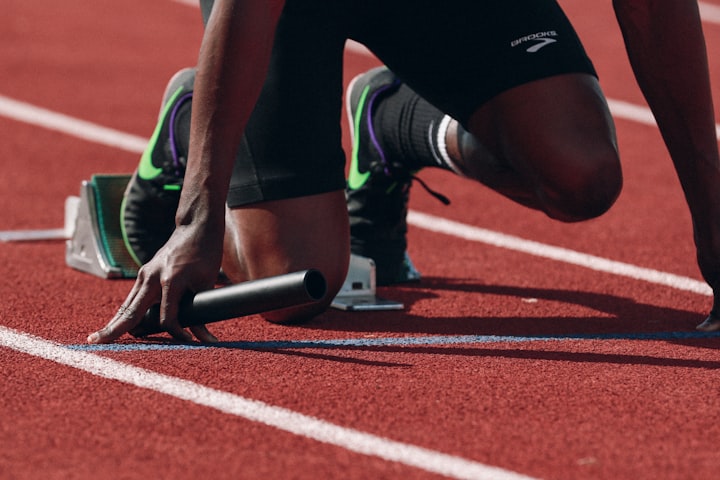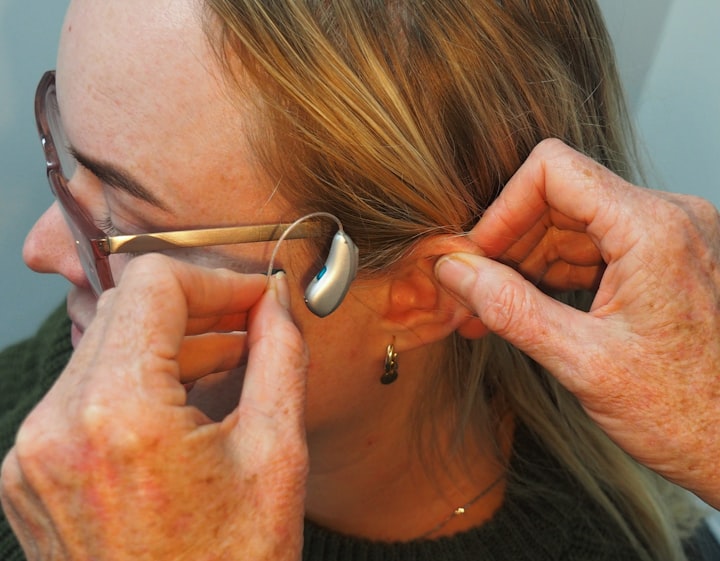
Five running tips for beginners
Running is one of those exercises that simultaneously sounds ridiculously easy, and challenging all at the same time, especially when you're first starting out. I've been running off and on for a couple years now and only in the past couple months have I felt like I've finally unlocked the key to a successful run. What I wish I knew when I was first starting out running. First let's talk about gear truth is gear is subjective and it might take a bit of experimenting to figure out what works for you including the gear that I'm about to talk about. That being said, the two pieces of gear that I wish I had from the very beginning are A) a good pair of running shoes and B) my flipbelt. Shoes, like feet, come in all different shapes and sizes. Some are built for a high arch, some are built for trails, some are built to mimic the bare foot. You name it, there's a variation of running shoe for it. Therefore, shoes that work for me might not work for you and vice versa. But that being said, there are a couple things to keep in mind when you're picking out a shoe if you're going to be running in it. Can you wiggle your toes? You should be able to. Is your foot snug? It should be, but not too tight. Do you over pronate or under pronate when you run? If you're not sure about how your feet actually move when you run, I've linked a personal shoe quiz where you can find out what shoe might work best for you. Let's talk about the flipbelt. Before I had this thing, I would struggle to find a place for all the things that I carry when I run. Granted, Arm bands were often I came across the flipbelt, which I ordered almost instantly. It's a belt that you wear when you exercise that has snug pouches all the way through it. It doesn't slide up my body as I run, even with my current 10 inch difference between my waist and hips, and i've never lost an item to date, knock on wood. And I swear this isn't a flipbelt commercial, I just wish I got one sooner. The second thing I wish I knew when I first started running is actually about food. It took me forever to figure out what and when to eat before I went on a run. Should I eat a big meal? Should I eat a snack? Should I eat anything at all? When should I eat? etc. The truth is, like gear, its kind of subjective. For me personally, I find that there's two things that work really, really well for me. The first is a short, fasted run first thing in the morning. If I'm running without eating anything, I generally can't go for a very long time, and it pretty much has to be right when I wake up, otherwise I get extremely light headed and nauseous. But after a fasted run in the morning, I've actually found that I have quite a bit of energy, and it makes me feel extremely productive and ready to take on the day. The second thing I found that works really well for me is having a light, carb-rich snack somewhere between 30 and 60 minutes before a run. Usually for me this means a banana or an apple or something of that variety. I found that a light snack gives me a good amount of energy to power through cardio, but it doesn't make me feel sick or heavy like a large meal would. The third thing I wish I knew when I first started running The last two things I wish I knew when I was first starting out running kind of go hand in hand, and they are pace and motivation. When you're starting out running for the first time, it's really easy to jump the gun and start running at an above average pace, especially when you might not be familiar with what your own personal average pace is. But after a couple blocks, if you're running too fast, you'll feel that burn in your lungs, your heart racing in an uncomfortable way, and it will feel impossible to catch your breath. Then you'll slow down, stop, try to breathe, and feel so frustrated with yourself and defeated because you thought you were stronger than that. If I could go back and tell myself one thing, it would be to slow down. Take notice of how fast you're moving when you're walking a brisk walk, how easy it is to hold a conversation. Very slowly, increase your pace to the lightest of jogs and get comfortable with your body moving at that pace. Breathe. Instead of trying to go at a lightning fast pace, try focusing on how far you can go instead. And the hardest part about running isn't even your leg giving out, or the sweat pouring down your face, or your earbud popping out in the middle of it all; It's your body telling you to stop, and that it's too hard. I'll tell myself "Oh, I can make it to that light pole up ahead." and then when I get there, "Oh, let's just get around the corner of this block first, and then we'll take a break." The truth is, my body always tells me I can't do it, and every time I try my hardest to tell it that it's wrong. Sometimes it doesn't work, and that's okay too. At the end of the day, when I finish a run, no matter how far I went or how it goes, I feel proud of myself because at least I proved that I could get up and move. At the end of the day, running, for me, is the embodiment of me telling my body who's in charge, and that I won't stop until I say so





Comments
There are no comments for this story
Be the first to respond and start the conversation.